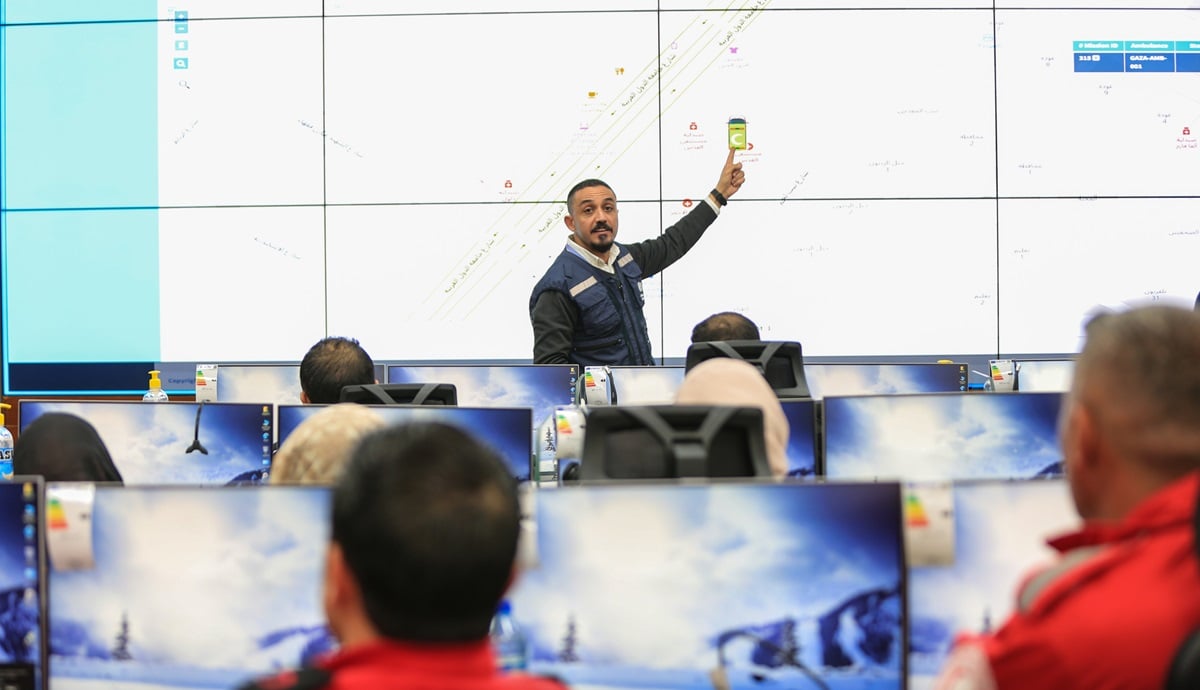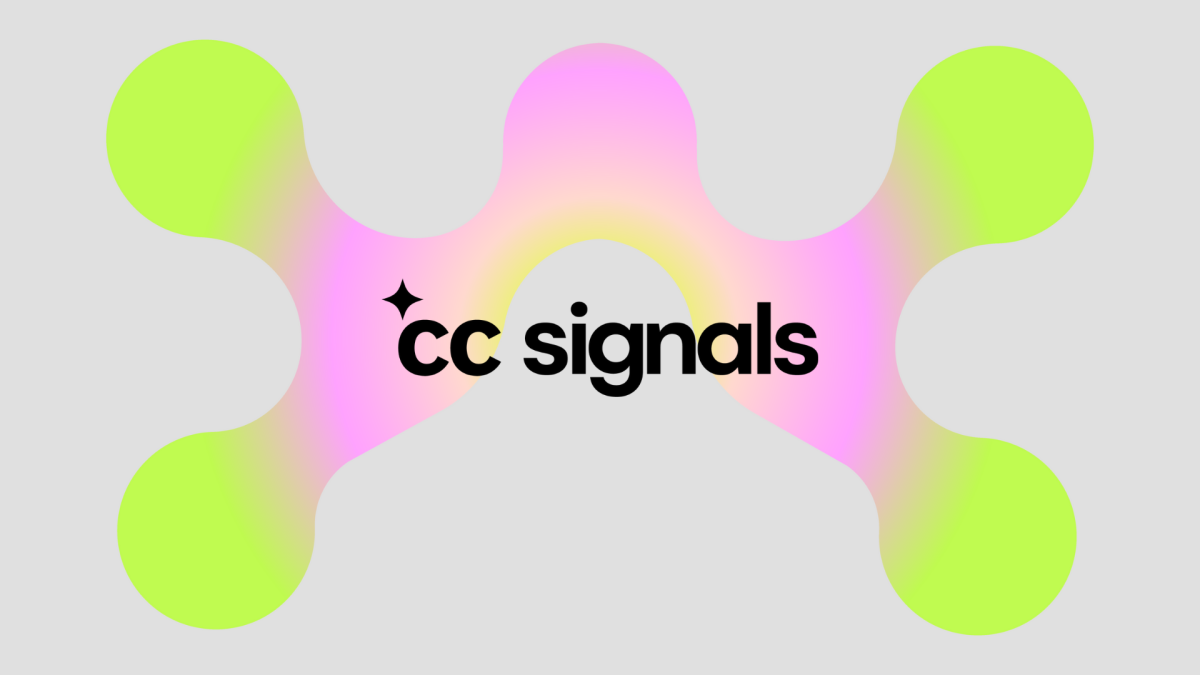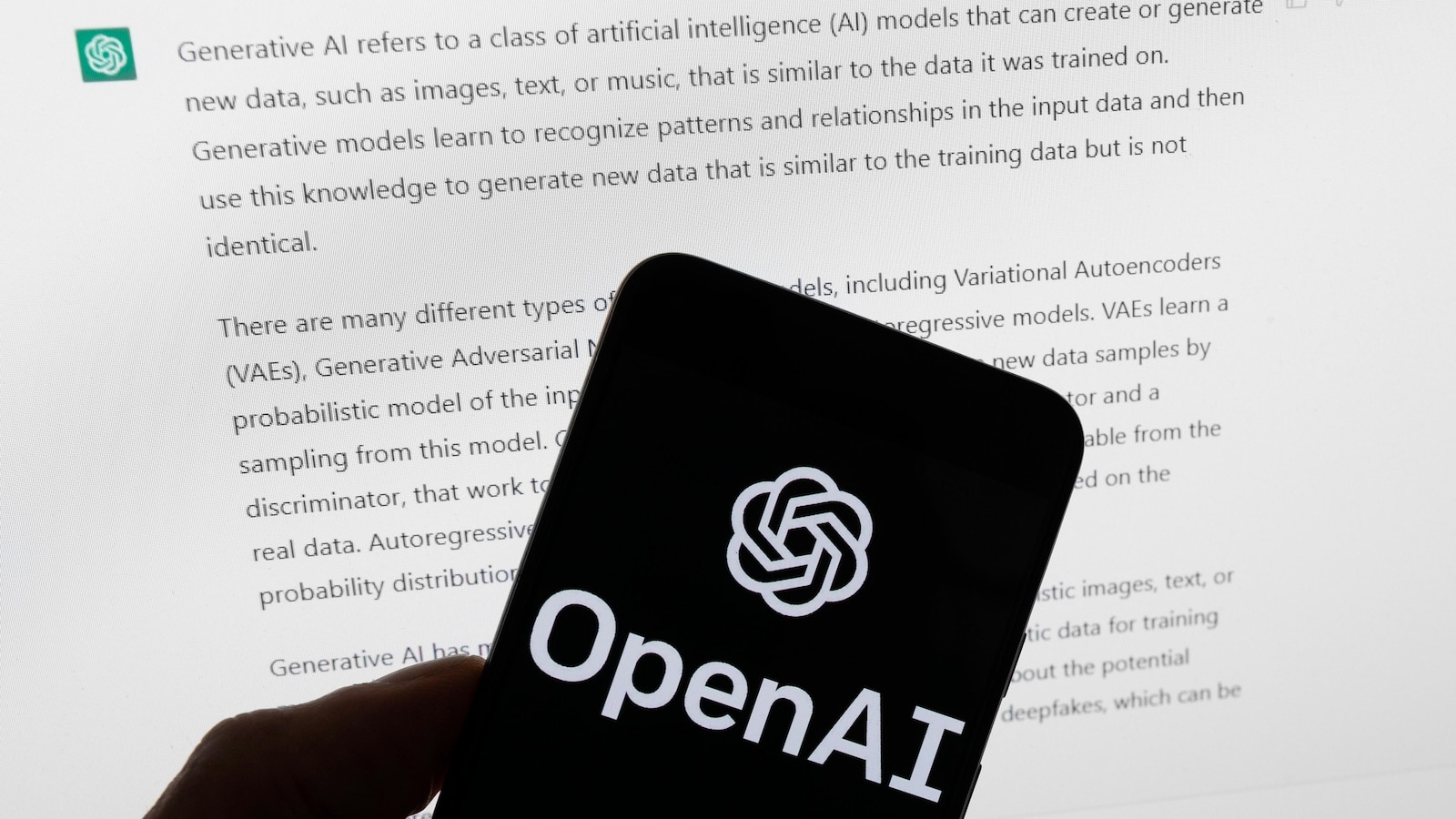
In a time of rapid technological advancement and increasing emphasis on lifelong learning, the World Health Organization (WHO) Academy has hosted a seminar exploring transformative trends in adult learning aimed at healthcare professionals. The event featured a keynote discussion with Daniel Baril, a recognized adult learning expert and Chair of the UNESCO Institute for Lifelong Learning.
The seminar centered on five key models that illustrate how education systems can evolve to better meet the needs of adult learners in a healthcare context. These models show how innovation in learning platforms and tools can support continuous professional development, improve patient care, and foster a culture of lifelong reflective practice among healthcare workers.
One of the core themes of the discussion was the role of adaptive systems and artificial intelligence (AI) in personalizing educational content. These technologies enable learning materials to be tailored to individual learners, addressing specific gaps and goals for more targeted development. This approach increases both the effectiveness and efficiency of learning experiences.
Participants also examined how AI and interactive digital tools are empowering learners to take control of their own educational journeys. By giving users more autonomy, these tools allow learners to shape pathways that align with personal and professional objectives.
Another focal point was the transition from traditional static educational platforms to dynamic learning ecosystems. These ecosystems are designed to adapt continually, offering timely resources that evolve with the learner’s needs over time. Such flexibility is crucial in sectors like healthcare, where knowledge and practices must continuously keep pace with emerging challenges and evolving standards.
The seminar further introduced new tools and metrics that provide real-time feedback and adaptive assessments. These technologies help learners track their progress and adjust their learning strategies accordingly, improving both engagement and retention of information.
Lastly, the integration of learning directly into daily work routines was discussed as a way to reinforce performance and promote ongoing professional growth. This approach supports just-in-time learning, enabling healthcare professionals to improve their skills while addressing real-world clinical scenarios.
By exploring these cutting-edge educational strategies, the WHO Academy aims to inspire global healthcare providers and institutions to adopt more flexible, personalized, and effective methods of training and development. This seminar is part of WHO’s broader efforts to build resilient health systems by investing in the continuous learning and development of healthcare workers.
Interested participants can choose to attend upcoming sessions in person or join virtually via Zoom, reflecting the hybrid and inclusive nature of modern learning modalities.
Source: https:// – Courtesy of the original publisher.








